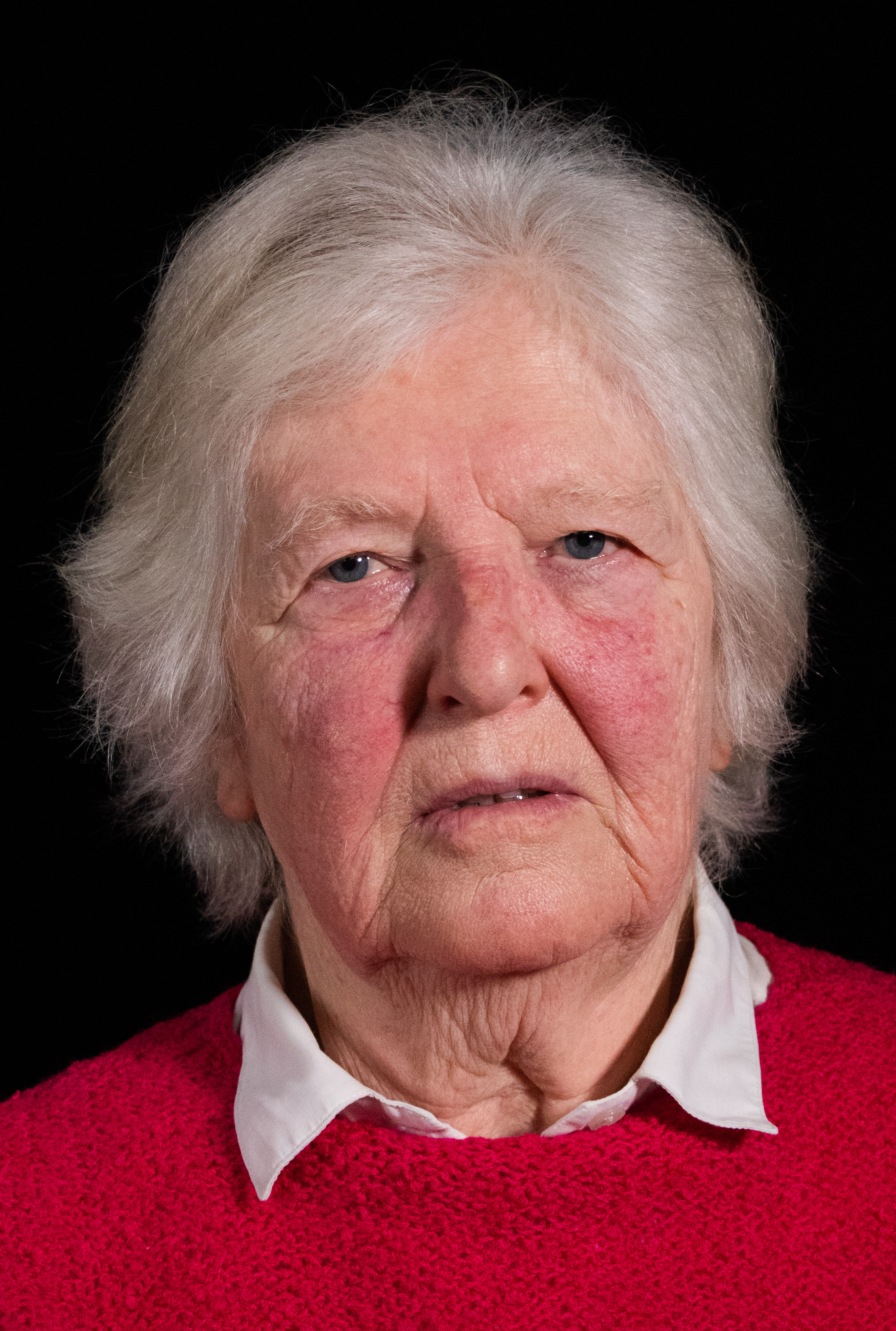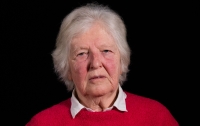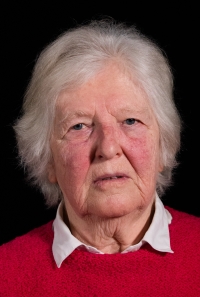Father officer, mother a kulak? We are not interested in you studying

Download image
Hana Borgströmová, nèe Vytlačilová, was born on November 24, 1939, in Žamberk. Her father Otto Vytlačil came from Pardubice, her mother Otýlie from the settlement Zákopanka next to Žamberk. Her father was a trained art locksmith, but an officer of the Czechoslovak People’s Army by profession. Until 1939, before Hana was born, the Vytlačils family lived in Poprad, Slovakia. After the separation of Czechoslovakia and the creation of the protectorate, they moved to Zákopanka near Žamberk. During the war, Oto Vytlačil joined the government army, whose units were called to Italy, where, according to Hana, he ran to the guerrillas fighting the Nazis. After the war, he joined the Communist Party and served in the garrison in Žamberk. Hana attended primary school in Žamberk, but completed it in Benešov near Prague, where the family moved in 1951 due to her father’s transfer. In 1957, she graduated from high school and wanted to apply to the Faculty of Education. However, her studies were not recommended due to the non-working class background of her parents- her mother was labelled as a kulak, her father was an officer. Later, she graduated remotely from an industrial high school of construction. After the Warsaw Pact Invasion in 1968, she travelled around Italy, wanting to emigrate to West Germany, but returned to Bohemia. She worked at the District Housing Company (OPBH) in Prague and at Metroprojekt in the investment department. Here, in 1979, she became an uncomfortable witness to bribery and was fired for alleged redundancy. She appealed to the court and won. She then worked at Metroprojekt until 1989. In 1984, she married a Swede, but continued to live in the Czechoslovak Socialist Republic. She left to live with her husband in 1990.

